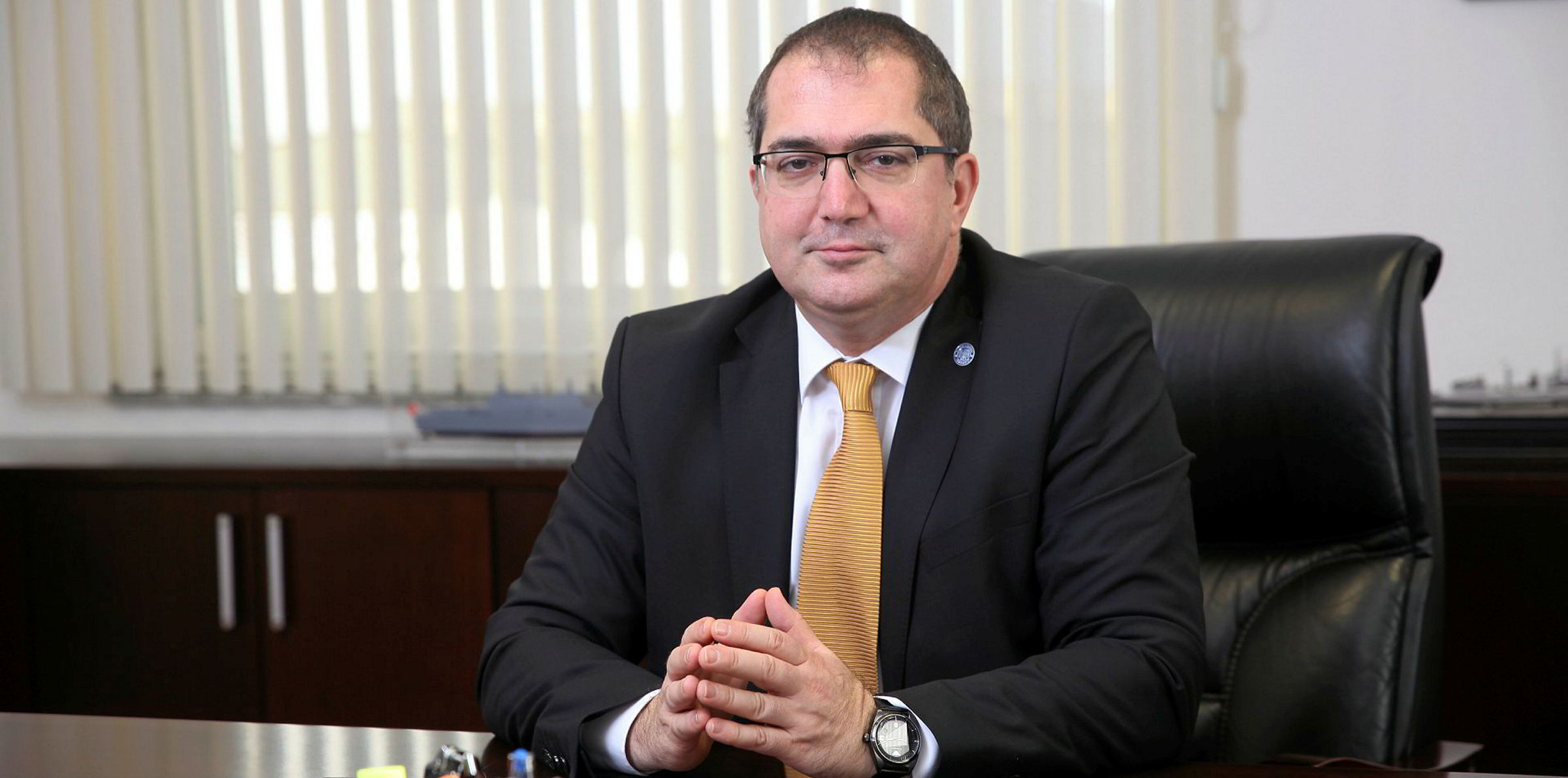Turk Loydu is claiming the International Association of Classification Societies (IACS) unfairly blocked an attempt to join its ranks by changing its membership criteria.
IACS is strongly contesting Turku Lloyd’s interpretation of events. It admits it has raised its membership standards but said that was a natural response to a changing regulatory environment. It also said it has also worked to make the membership application process easier.
Turk Loydu, the Istanbul-based classification society, said the withdrawal of its bid to join IACS was a “huge blow” and is now considering a complaint to the European Union's competition authorities, alleging that IACS is in effect operating a closed shop.
Membership of IACS, which certifies around 90% of the world fleet, is critical for any classification societies with ambitions to grow as it is a passport to gaining formal recognition from leading flag states.
Turk Loydu’s grievances date back to 2017, when it started the quality auditing process to join IACS. It has been upgrading its systems and improving quality since 2011 in a bid to join the association.
In September, in the middle of the auditing process, Turk Loydu was told by IACS that the association would be changing its membership criteria and it would have to adopt the goal-based standards (GBS) rule-making process if it wanted to become a member.
Turk Loydu chairman Cem Melikoglu said it would have been impossible for it to take on GBS within an application window confined strictly to one calendar year it was working under.
He said that just before the change in rules Turk Loydu’s auditing process had been progressing well and that is was implementing the recommendations of auditors and he was confident it would meet the IACS quality criteria.
“In 2017, we completed all the audits and, while audits were ongoing, we completed gaps and actions plans. When IACS identified that, it is my feeling that they were a little shocked and tried to minimise the risk and changed the application rules just before our application,” Melikoglu said.
He said that Turk Loydu has evidence that it is good enough to join IACS. It is outperforming some IACS member states in port state control rankings. It ranks ninth in the Paris MOU’s white-list ranking of class societies. It was also recently approved by the world’s largest flag state, Panama, after an audit.
“If you consider that Turk Loydu is the only classification society who dares to apply to become a member of IACS, it looks a little strange,” he said. “We will continue to fight.”
Asked about the potential for antitrust moves, he added: “We are making some preparations but this is not the way I want to go.”
In 2009, a EU competition investigation into IACS — prompted by a complaint from the Polish Register of Shipping — forced the organisation to change its membership criteria, a move that eventually led to three class societies being allowed to join as full members.
Turk Loydu is now attempting to get EU approval as a classification society under the sponsorship of Slovakia. It has applied for approval from quality assurance body QACE and is hoping to get audited by the European Maritime Safety Authority, or EMSA, soon.
If Turk Loydu is successful in winning EU approval, then that could prove embarrassing for IACS.
However, IACS head Knut Orbeck-Nilssen said that the decision to change the membership criteria was not an attempt to block Turk Loydu’s application but was a “natural” response to changes in the regulatory environment.
“The membership criteria can change at any time for a good reason and even in the process of applying for membership,” he said.
“There have been significant changes in the regulatory landscape, there has been a massive change toward GBS. It is natural that IACS looks at the memberships criteria to contribute toward the work of IACS,” he said.
IACS secretary general Robert Ashdown said that Turk Loydu “never had the formal elements [in] place” for an application.
At the time Turk Loydu ended its attempt to join, it had not received quality certification from an accredited auditor.
Orbeck-Nilssen said that Turk Loydu had been treated the same as any other IACS member, which has to reach the same standards.
He added that Turk Loydu “would be welcome to reapply again if they make the quality criteria”.
“I would encourage Turk Loydu to look at the existing criteria and apply,” said Orbeck-Nilssen.



